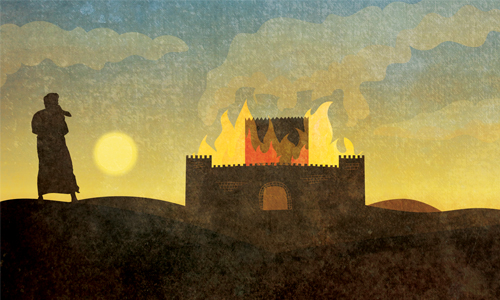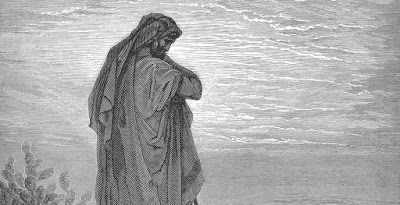A Letter to a Friend in Trouble

Excerpts from John Newton's "A Letter to a Friend in Trouble" Read the inscription, " As sorrowful, yet always rejoicing." No wonder that weave often sorrowing in such a world as this; but to be always rejoicing, though in the midst of tribulation, this may seem strange, but it is no more strange than true. When I want witness to this truth in open court, I may confidently subpoena you to confirm it. They who would always rejoice, must derive their joy from a source which is invariably the same, in other words, from Jesus. Oh, that name! what a person, what an office, what a love, what a life, what a death, does it recall to our minds! Come, madam, let us leave our troubles to themselves for a while, and let us walk to Golgotha, and there take a view of his. We stop, as we are going, at Gethsemane, for it is not a step out of the road. There he lies, bleeding, though not wounded, or if wounded, it is by an invisible, an almighty hand. Now I begin to see w...




